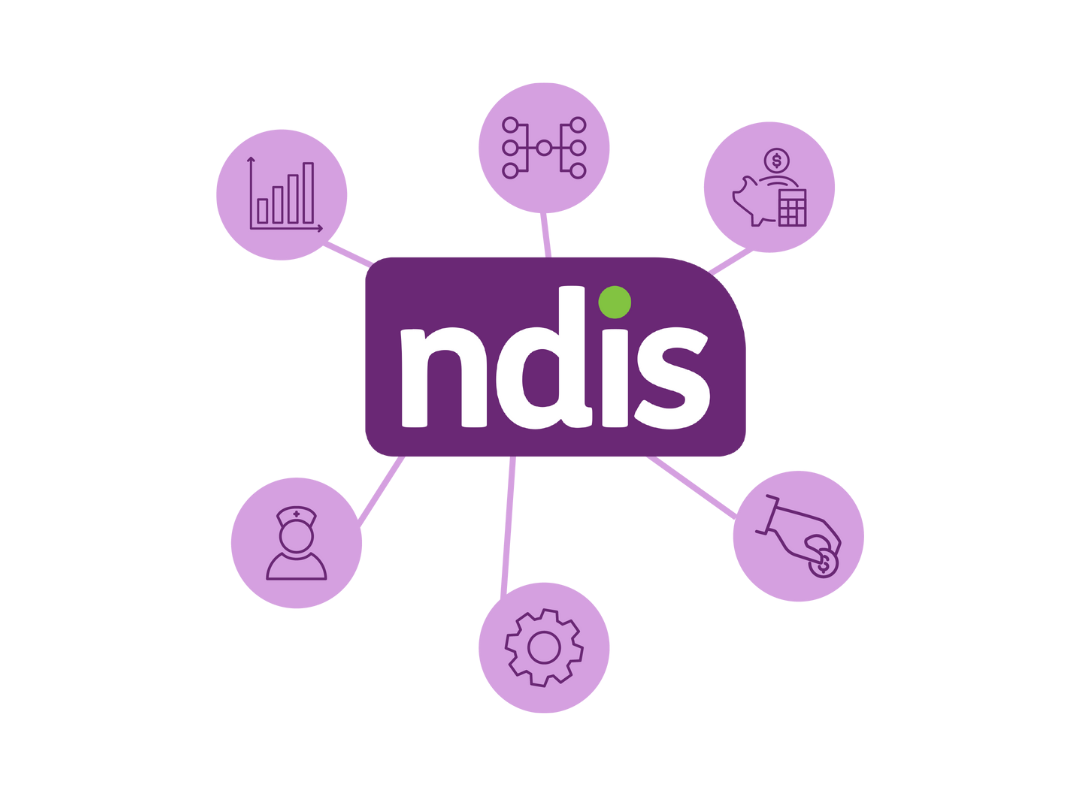In recent months, many service providers, investors and participants in the National Disability Insurance Scheme (NDIS) have noticed significant delays in their NDIS payments processing. This has caused considerable frustration and financial strain for those relying on timely payments. There are several factors contributing to these delays, including the implementation of a new system called PACE and heightened measures to prevent fraud. Let’s delve into the reasons behind these delays and what participants and providers can do to navigate these changes.
Changes in NDIA’s Invoice Processing
The National Disability Insurance Agency (NDIA) has updated its claim review process to enhance fraud prevention and ensure compliance. This means that claims are now subject to more rigorous verification before funds are released. According to the NDIA, valid claims will be paid within 2 to 3 business days after submission. However, most claims are taking 10 business days plus to process, significantly longer than the previous near-instantaneous turnaround.
The NDIA’s new system, PACE, has also contributed to delays. Participants and service providers have reported difficulties with claims due to discrepancies between the old and new systems, where participants might not be found in either system. Providers still have a duty of care over these participants, so even when payments aren’t coming in, providers can’t relinquish care. This transition period is causing additional processing delays, confusion and could end in some providers closing.

Impact on Service Providers and Participants
Service providers are advised to consider these updated processing times when sending invoices for payment. The NDIA has emphasized that no other procedures have changed, so invoices should still be sent via PRODA. However, the longer processing times are impacting the ability of providers to manage their cash flow and continue providing quality support.
Plan-managed participants are facing similar issues. The NDIA’s crackdown on fraud has resulted in more time being spent on verifying claims, which has slowed down the payment process for everyone. This has particularly affected smaller providers and sole traders who rely on timely payments to sustain their operations.
Communication Issues
One of the recurring themes among NDIS participants and providers is the lack of clear and timely communication from the NDIA. Many have reported that when they follow up on delayed payments, they receive little to no information. Long wait times for customer service and the apparent lack of updates are exacerbating the frustration. Stakeholders can get in touch with the NDIA in numerous ways:
- Online: Feedback form or live chat on the NDIS.gov.au website
- Email: enquiries@ndis.gov.au
- Phone: 1800 800 110 (NDIS National Contact Centre), Monday – Friday 8am to 8pm
- In person: by visiting an NDIS office, Local Area Coordinator (LAC) or Early childhood (EC) partner
- Mail: NDIA, GPO Box 700, Canberra ACT 2601.
- If you need an interpreter, call the Translation and Interpreting Service (TIS) on 131 450 and ask to be connected to the NDIS
- If you have hearing or speech loss, contact TTY on 1800 555 677 or the National Relay Service on 1800 555 727.

The Broader Context: Fraud Prevention and System Upgrades
The NDIA’s intensified focus on fraud prevention is a major factor in the payment delays. The establishment of the Fraud Fusion Taskforce (FFT) has led to increased scrutiny of claims, resulting in more thorough checks. While this is essential for maintaining the integrity of the NDIS, it has also slowed down the processing of legitimate claims.
Recent data from the FFT shows significant progress in combating fraud, with millions of dollars in NDIS payments under investigation and numerous compliance actions taken against providers. While crucial for protecting the scheme’s funding, it has also led to unavoidable delays for honest participants and providers.
Additionally, software upgrades intended to streamline the process and ensure accurate payments have faced their own challenges. Promised deadlines for these upgrades have not been met, leading to further delays and uncertainty for service providers who depend on these payments to manage their operations.
Coping with the Changes
For participants and providers struggling with the new system and delayed payments, here are a few tips:
- Plan Ahead: Given the potential for delays, plan your invoicing and financial management to accommodate longer processing times. Remember you can’t invoice for a service or item which hasn’t yet been completed or received.
- Stay Informed: Keep up to date with the latest announcements from the NDIA. Regularly check their website and subscribe to updates if possible.
- Communicate with Your Providers: If you are a participant, keep open lines of communication with your service providers. Let them know about the potential delays so they can adjust their expectations.
- Report Issues: If you encounter problems with the new system or have concerns about delayed payments, report them to the NDIA. Feedback can help identify and address systemic issues.
Improving the Experience
Providers have been asked to support the participant-centred design principles of PACE and the role that participants have in taking leadership of their plan. While more consultation and resources are planned, the NDIS has a suite of PACE resources for providers.
- Explore the new claims and payments processes, including the online provider learning environment and other resources available on the NDIS Improvements website.
- Get to know when upcoming PACE information sessions for providers are hosted by the NDIA.
- Review NDS’s recent comprehensive analysis on common PACE issues faced by providers, which includes troubleshooting advice and outlines expected improvements.

Relieving Pricing Pressures for Providers
As many providers experience sector uncertainty over reform, PACE-related operational pressures are an added weight on their shoulders. One key to a successful PACE transition must be relieving pricing pressures, which has been a focus of recent NDS advocacy:
- Ahead of the Federal Budget in May, NDS has called for a $1 billion fund to boost NDIS services and measures that support sector transformation over the next five years.
- NDS has made its submission to the NDIS Annual Price Review, calling for NDIS prices that reflect the true costs of operating.
Conclusion
The delays in NDIS payments are the result of a combination of new fraud prevention measures, system upgrades, and communication challenges. While these steps are essential for the long-term integrity and sustainability of the NDIS, they have created short-term difficulties for many participants and providers. By understanding the reasons behind these delays and planning accordingly, those affected can better navigate this transition period.
For further information or to report concerns about fraud, the NDIA encourages you to contact their fraud helpline or the NDIS Commission. Despite the current challenges, these measures are ultimately aimed at ensuring that the NDIS remains a robust and reliable source of support for Australians with disabilities.
